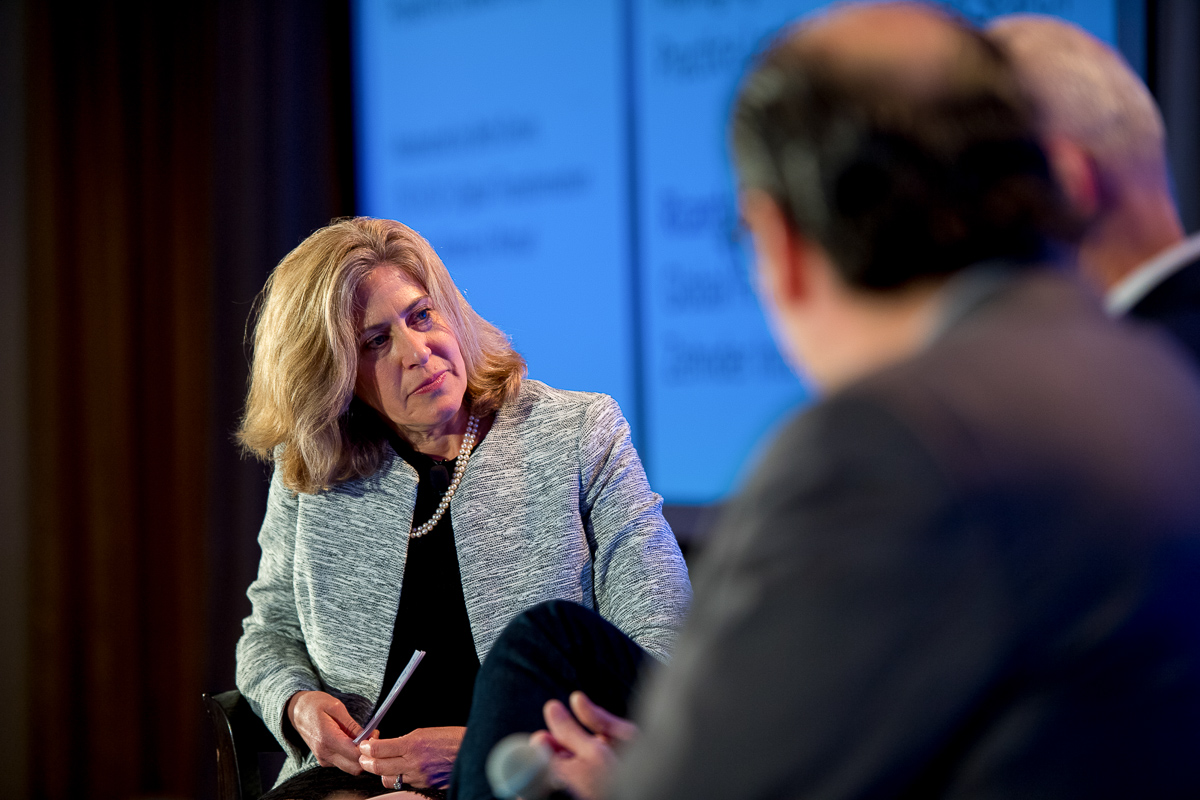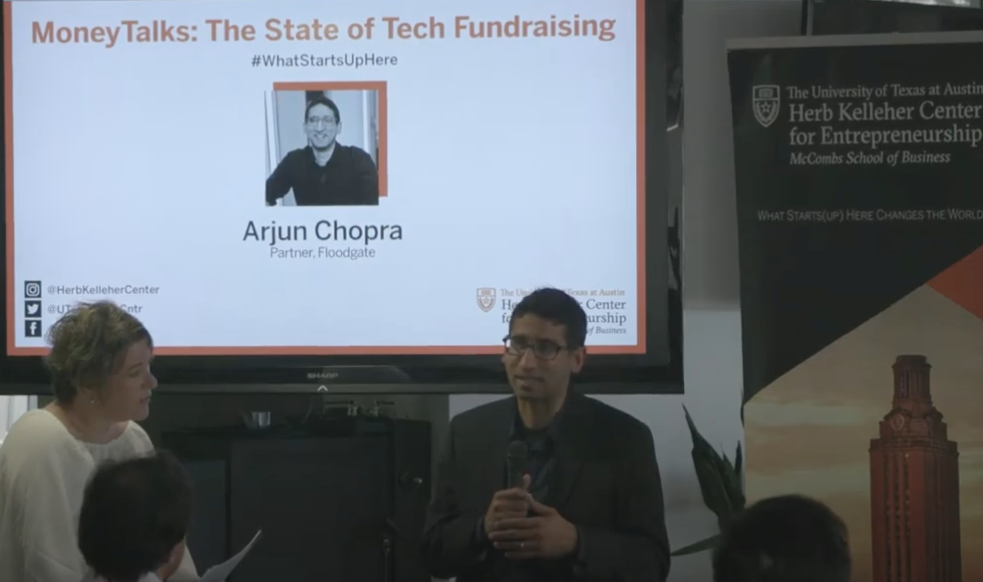
Failure is the part we hate talking about — but it’s a critical component of success.
When Alan Wilson, co-founder of gaming company, Tripwire Interactive, was unable to get venture capital, he and his partners had to bootstrap it. Even more of a challenge, they had to get creative when it came to distribution. Today they are well-established in the industry, with over 40 million units sold. To get there, they had to risk failing, the right way.
Register for Alan Wilson’s global keynote at Founders Network about turning failures into opportunities or find out if you qualify for full membership here:
- Taking smart risks and planning for the worst
- Finding creative methods of funding and distribution
- Making bootstrapping work
- Delegating more
The year is 2005, and Tripwire Interactive has only been in business a few months. To co-founder Alan Wilson, it’s looking like they’ve come to the end before they’ve even started. They have a game they truly believe in and are ready to build. The funding is a major problem, but even if they manage to bootstrap it through, they’re faced with a bigger problem: distribution.
“A lot of people will have the tendency to avoid risks so as not to fail. The point is that, in order to succeed you’re almost certainly going to have to fail a few times.” - @foundersnetwork Share on XThere’s no lack of publishers interested in the game. But in the gaming industry, publishers insist on owning the intellectual property. For Wilson, an outsider to the industry, selling the IP, even for the millions of dollars they were being offered, seemed insane. That IP was the one thing of value their business had.
If they’d already been in the mindset of the gaming industry, Wilson believes they’d have just sold. But as noobs to the industry, to borrow from gaming parlance, they weren’t stuck in the same mindset as everyone else. They began looking for other options, and decided to take a risk on a new form of game distribution: digital.
“Don’t be afraid to take risks, don’t be afraid of failing. Just think about what it is you’re actually doing when you’re taking those risks. A lot of people will have the tendency to avoid risks so as not to fail. The point is that, to succeed, you’re almost certainly going to have to fail a few times,” Alan says.
“Talking to people in other industries, who are not competitors, in a safe environment, gives an outside perspective, which is why a group like Founders Network is so valuable.” - @foundersnetwork Share on XThat was when they got an idea that everyone else in the industry dismissed as loony. But when they turned to a company with a competitive product, they figured the worst they had to lose was their pride. “Never be afraid to ask someone the ‘stupid’ question. It can be a barmy idea, it doesn’t matter. The only thing you’ve got to lose is your pride at that point, and you’re going to have to live with that,” Alan adds.
It turned out that the company, Valve, didn’t think it was so crazy after all, and in short order, Tripwire Interactive’s Red Orchestra was the first non-Valve game to find success on the company’s digital distribution platform, Steam.
Now with 16 years of successes, it’s still about finding the right way to take risks. No longer a noob, how is Wilson still able to find creative solutions to the company’s problems? “Talking to people in other industries, who are not competitors, in a safe environment, gives an outside perspective, which is why a group like Founders Network is so valuable,” says Alan.
“If you’ve asked yourself the question ‘what’s the worst that can happen?’ and you’ve answered that question, then go for it.” - @foundersnetwork Share on XHe recommends this approach for those just starting out: “I say this to a lot of founders when they’re trying to think about their pitch. Explain it to people who do not understand what you’re doing. And they’re going to ask some stupid questions. But they’re going to ask some very basic questions, which if you’re listening, should make you go ‘why do we do it that way?’ Everybody else in other industries does that. Why can’t we do that?” Wilson adds.
To learn more about failing for success, see if you qualify for membership and check out the global keynote from February 17 .
He also believes it is the right approach for industry veterans, “they’re going to ask questions from their perspective that make you go, yeah, why do we do it like that. It’s going to shake your preconceptions, and that’s a large part of thinking outside the box, is breaking your own preconceptions,” he adds.
But that doesn’t mean taking any risk that presents itself. “The polite term is risk assessment. The simplistic way of looking at it is if opportunity presents itself, and you want to jump, at least if you’ve asked yourself the question ‘what’s the worst that can happen?’ and you’ve answered that question, then go for it,” Alan explains.
To learn more about failing for success, see if you qualify for membership and check out the global keynote from February 17 .






